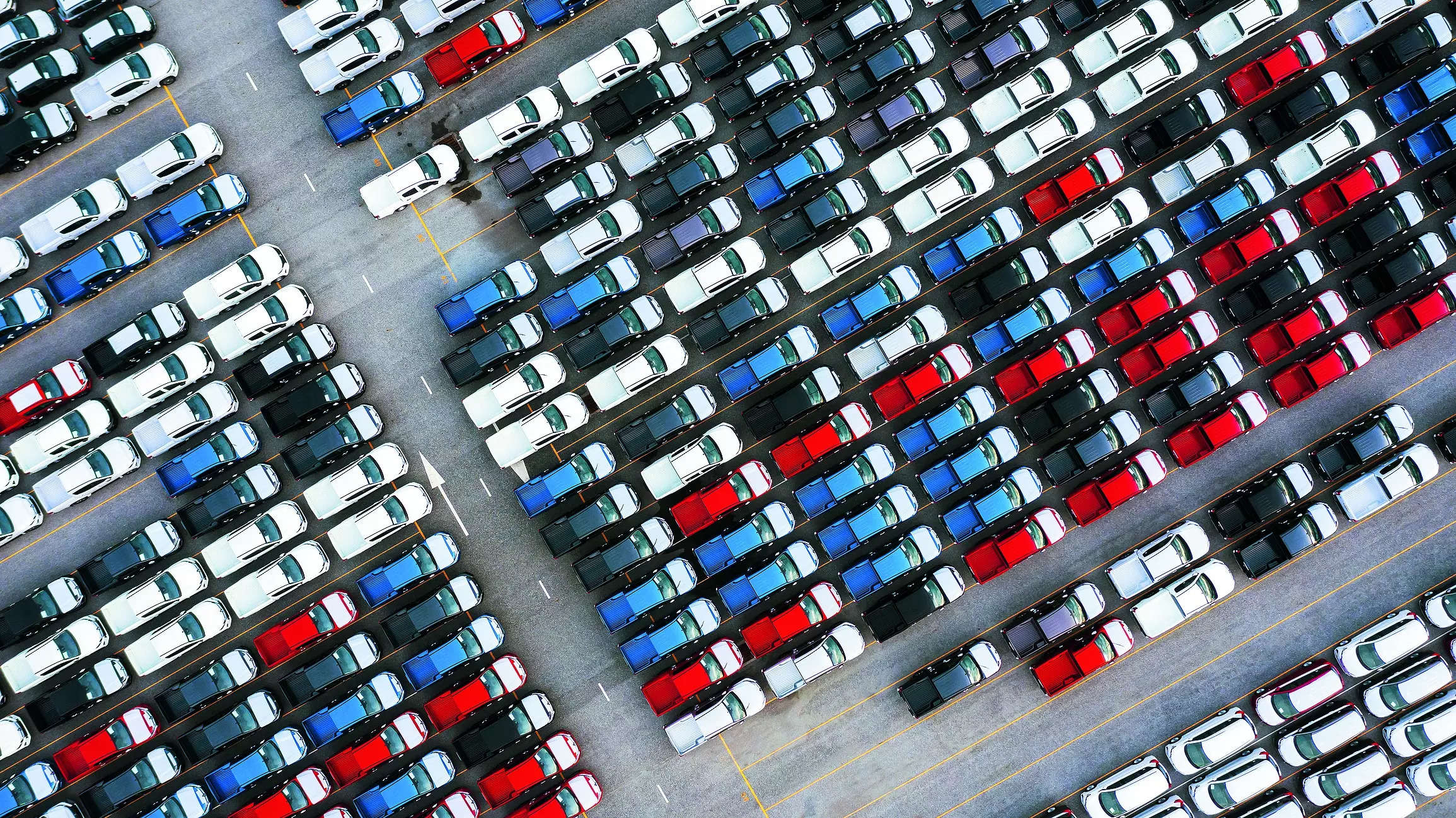The world’s most populous nation began voting on April 19 in a massive general election where Prime Minister Narendra Modi is seeking a rare third straight term.
“Election uncertainty continues to affect market sentiment, delaying customer conversions and stalling purchasing decisions,” the Federation of Automobile Dealers Association (FADA) said in a statement.
A lower turnout so far in the election has rattled Modi’s campaign managers, raising into question whether his Bharatiya Janata Party and its allies can achieve the landslide victory predicted by opinion polls just one month ago.
Analysts say concerns around how a new government’s financial policies could affect peoples’ income, and restrictions on moving large amounts of cash during the election – a majority of which is scheduled in May – could discourage consumers from buying vehicles.
Still, retail sales grew 27% year-on-year in April. This was in part due to increased consumer interest in launches of new models, said FADA, which tracks sales of vehicles by dealers to consumers. It added that it expects the interest to continue in May. “The auto industry remains cautiously optimistic about its near-term outlook,” it said.
Auto sales are keenly watched as a key indicator of private consumption in India. The auto sector contributes around 7% to India’s economy.
Retail car sales grew nearly 16% in April, FADA said, after falling more than 6% in March.
Two-wheelers, meanwhile, continued to see heavy demand, helped by festive buying in parts of North India and a stream of new launches.
Sales of two-wheelers grew more than 33% in April, its largest growth so far this calendar year.
FADA President Manish Raj Singhania attributed this rise to stable fuel prices, a favourable monsoon outlook, festive demand and the ongoing marriage season.
“New model launches also helped drive growth, despite some delays in supply,” he said.


